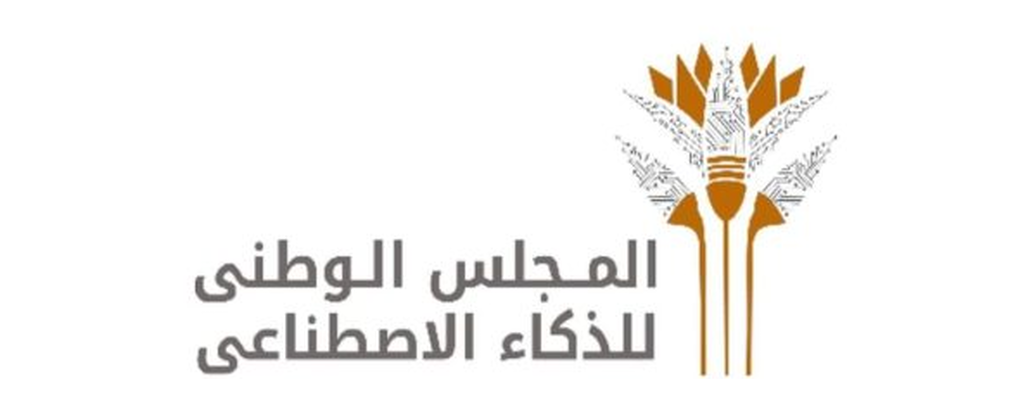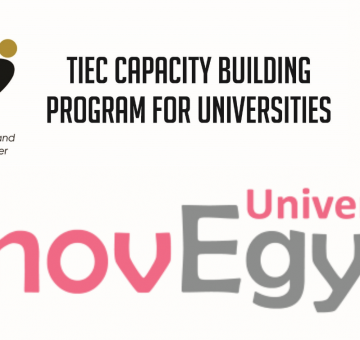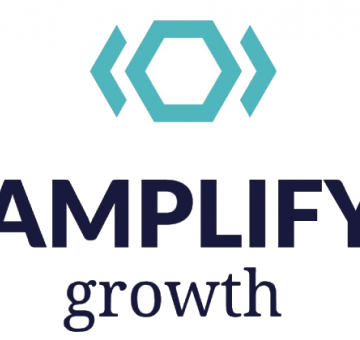Egypt launches responsible AI charter

The National Council for Artificial Intelligence (AI) has announced the launch of the “Egyptian Charter for Responsible AI” during the Council’s seventh meeting, held under the chairmanship of the Minister of Communications and Information Technology Amr Talaat.
The charter serves as the first attempt at articulating Egypt's interpretation of the various guidelines on ethical and responsible AI, adapted to the local context and combined with actionable insights to help ensure the responsible development, deployment, management, and use of AI systems in the country.
Talaat underlined that Egypt is keen to implement the National AI Strategy while embracing the digital age to harness AI technologies to serve the Egyptian society in all its sectors.
The Charter serves two main purposes; the first is to empower citizens to learn about the governance frameworks for the responsible use of AI and for all stakeholders to be aware of ethical considerations related to AI, to incorporate those considerations into their AI adoption plans. The second is to signal Egypt's readiness to follow responsible AI practices, resulting in improving investment attraction and Egypt’s ranking in indicators measuring the country's readiness for AI investment. It would also help to communicate the Egyptian market’s needs and priorities to AI developers looking to develop or market their products in the country.
Talaat added that the Charter will be reviewed on an annual basis to ensure its continuous currency and relevance to the rapid advancements in such technology.
It is worth noting that Egypt played a significant role in drafting the Recommendation on AI of the Organisation for Economic Co-operation and Development (OECD). The Recommendation includes guidelines on the responsible use of AI. Egypt was also the first Arab and African country to adhere to the OECD AI Principles.
The Egyptian Charter for Responsible AI serves five main values: Human-Centeredness, Transparency and Explainability, Fairness, Accountability, and Security and Safety. Values are fostered by following 13 General Guidelines, which are overarching rules applicable to all members of the AI ecosystem, and 16 Implementation Guidelines, which are technical considerations, mainly applicable to any entity developing, deploying, or managing an AI system.
Examples of the general guidelines:
- The primary goal of using AI in Government is the well-being of citizens.
- AI systems should not be designed to primarily replace human labor except in cases that pose danger or risk to human wellbeing.
Examples of implementation guidelines:
- All government AI projects must be preceded by a thorough impact assessment to ensure maximum benefit from the technology.
- Government AI projects should be supervised by the Ministry of Communications and Information Technology (MCIT) to ensure compliance with these guidelines. MCIT presents periodically a report on the status of the projects to the National AI Council.
To explore the Egyptian Charter for Responsible AI, kindly click here.
The National Council for AI was established under a decree issued by the Prime Minister, in November 2019, with the aim of governing the National AI Strategy through coordination between relevant authorities. The Council’s responsibilities include updating and overseeing the implementation of the Strategy in line with global advancements. The Council includes members from different government agencies, the private sector, and academia.






































































EgyptInnovate site is not responsible for the content of the comments